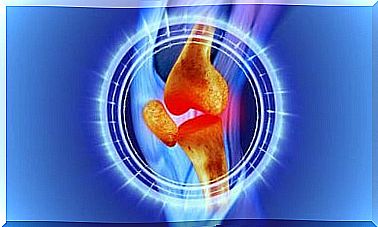7 Organs You Do Not Need To Survive
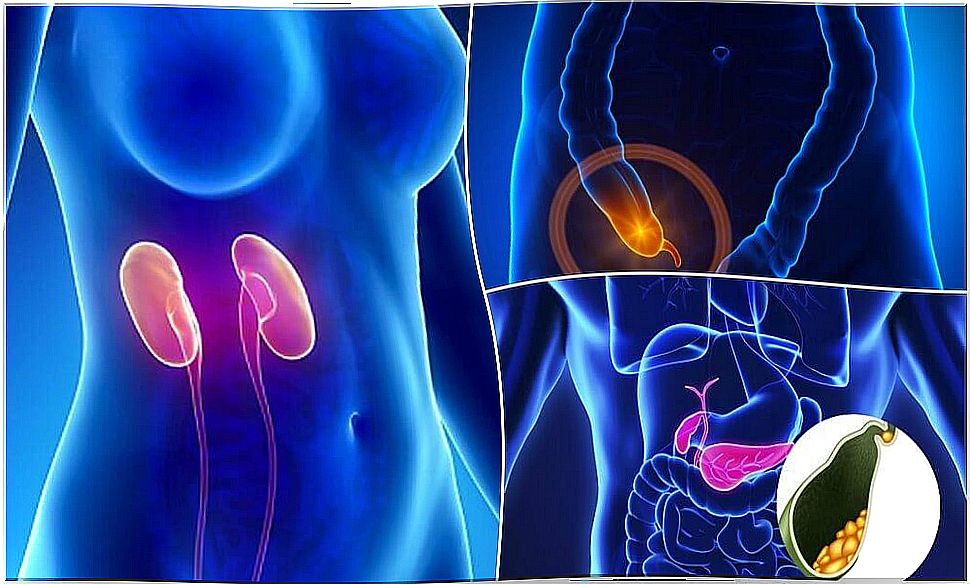
Did you know that there are a few organs you do not need to survive?
The human body is a structure that does not cease to amaze science. Although it is quite complicated and its features may vary from person to person, it mostly has some characteristics that are fascinating to say the least.
For example, despite the fact that each of these organs performs a role in the event of an accident, malformation, or illness, some are not absolutely necessary for survival.
In fact, over time and with development, some have lost their function, so their removal does not affect the quality of life.
Do you know who they are? In this article we want to share all the details about the primary 7.
1. Your tonsils are one of the organs you do not need to survive
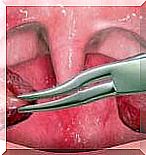
Almonds are a part of the immune system that we do not have to survive. While they are useful in protecting the airway entrance from bacterial infections, they stop becoming crucial after we round the three years.
In fact, some people even think that it is better to remove them at an early age to avoid health problems.
- Doctors recommend removing them when a patient is suffering from tonsillitis all the time.
2. You do not actually need your appendix
The conjunctiva is a small, sac-shaped organ that can be found attached to the colon, just in the lower right part of the abdomen.
Despite its location, it does not affect the digestive process at all . In fact, it has no known function.
- Many people only know of its existence when it becomes inflamed and infected, causing a condition known as appendicitis, in which case it must be removed.
- After removal, there are no adverse side effects and the patient can continue their normal life without any inconvenience.
3. The spleen is not so necessary at all
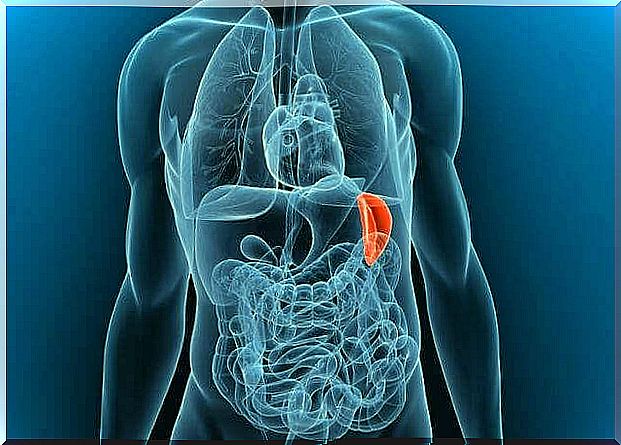
The spleen is located in the abdominal cavity and has a relevant health function : Filter blood and help the body fight infections.
Despite this, it is not essential and can be removed in case of trauma or chronic diseases.
- The patient can continue with a normal life, and take some extra precautions to prevent infections.
Reproductive organs are not strictly necessary for survival
Reproductive organs, such as the ovaries, uterus and testicles, have an obvious function. Despite this, they can be removed as part of the treatment for certain chronic problems.
In most cases, doctors recommend their removal to prevent the cancer from spreading. However, it can also be a recommendation as part of another treatment for other problems.
- Those who undergo this procedure usually do not have serious side effects and can take hormonal supplements to replace those that the organs have previously produced.
5. The kidney is one of the organs you do not need
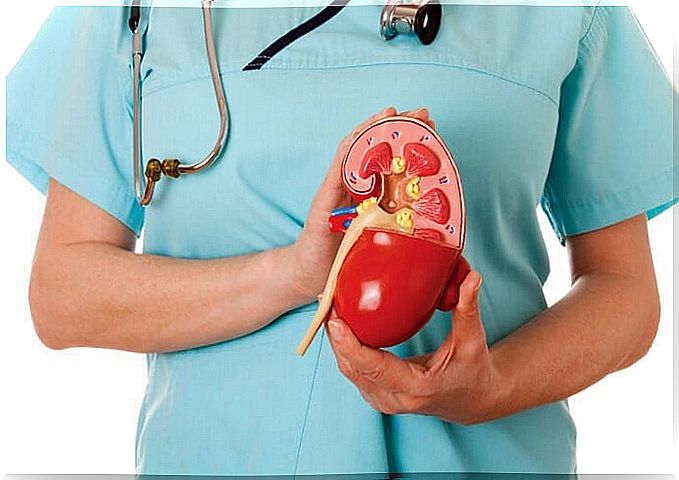
No one can deny that the kidneys are important for the health of the whole body. These organs filter blood, produce urine and play a role in other organ functions.
The funny thing is, even though we have two, we only need one to survive. We can be born without a kidney, suffer kidney failure from an accident or illness or even donate one without causing chronic health problems.
- In general, people with only one kidney have a normal life expectancy and suffer very little from related after-effects.
- However, certain precautions are a must to keep the kidneys healthy and avoid possible complications.
6. The gallbladder is also one of the organs you do not need to survive
The gallbladder is a small, green, pear-shaped sac that hides behind the liver. The main function is the storage and release of bile that helps digest food.
However, when it worsens or in case of complications like gallstones or cancer, doctors recommend removing them.
- Despite its role in aiding digestion , living without a gallbladder does not usually cause problems.
- Some patients may get diarrhea and swelling, but only when eating irritating foods.
7. The stomach is actually not strictly necessary either – to begin with
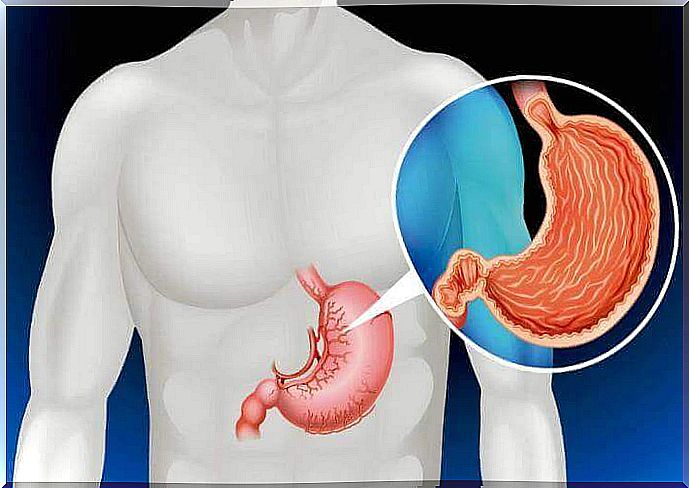
Although it may seem impossible, humans can survive without the stomach. In fact, there is a specific surgical procedure known as a total gastrectomy in which the entire stomach is removed as a treatment for cancer.
In this procedure, surgeons connect the small intestine with the esophagus. After surgery, the patient must be fed through a tube for several weeks until full recovery is achieved.
- Due to its complex nature, those undergoing this type of intervention must follow strict treatment.
- Patients can ingest most foods, but the amounts need to be made smaller.
- Dietary supplements are recommended in case of complications with nutrient absorption.
As you can see, while it is better to take care of these organs to keep them healthy, we do have organs that we do not necessarily need to survive if they are ever to be removed. Great, isn’t it?




